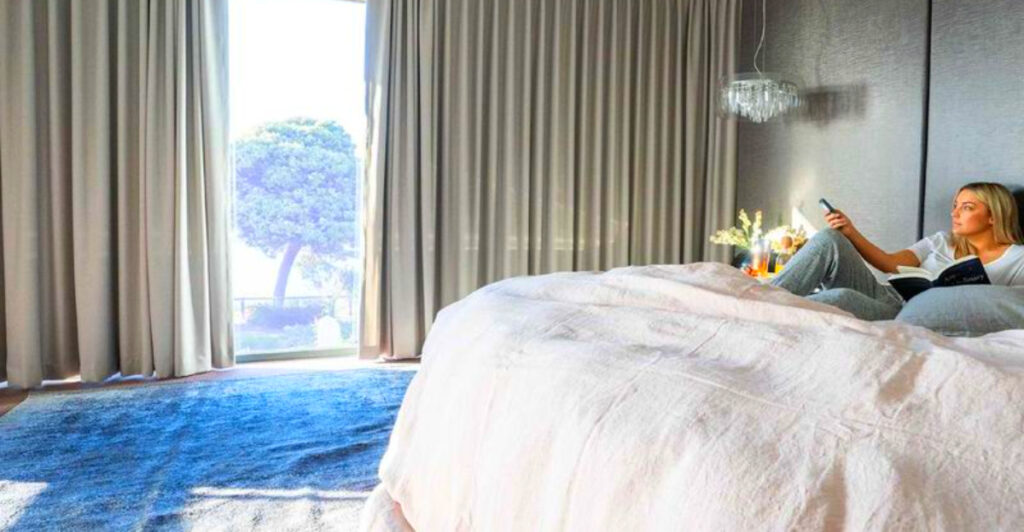Europe’s most stunning cities never truly sleep, and that can be a real problem when you’re trying to catch some rest. From the bustling nightlife of Barcelona to the endless summer daylight in Stockholm, getting quality sleep while traveling can feel nearly impossible. Whether you’re dealing with street noise, festival crowds, or unfamiliar surroundings, poor sleep can quickly turn your dream vacation into an exhausting ordeal.
1. Choose Hotels Away from Main Squares
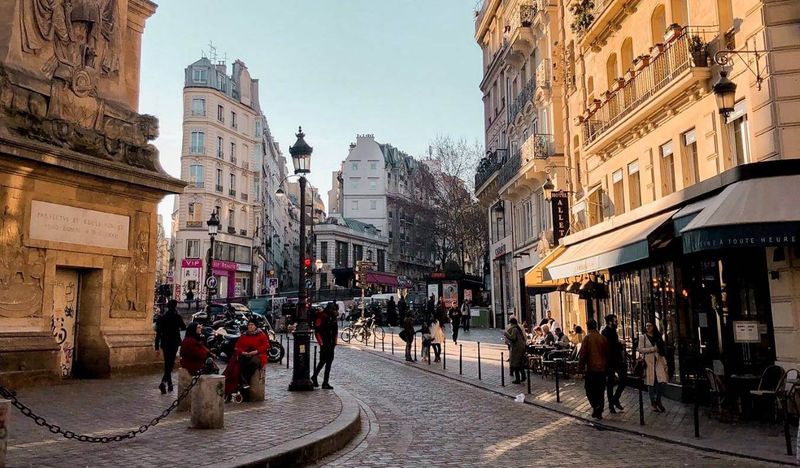
Picture this: you book a charming hotel right on Rome’s famous Piazza Navona, thinking you’ve scored the perfect location. Then 2 a.m. rolls around and the street performers are still going strong while late-night revelers stumble past your window.
Smart travelers know that staying just one or two streets back from major squares gives you the best of both worlds. You can still walk to all the main attractions in under five minutes, but you’ll actually get some peace when your head hits the pillow.
Cities like Barcelona, Prague, and Amsterdam are notorious for their lively central squares that buzz until dawn during peak season.
2. Check Reviews for Noise Complaints
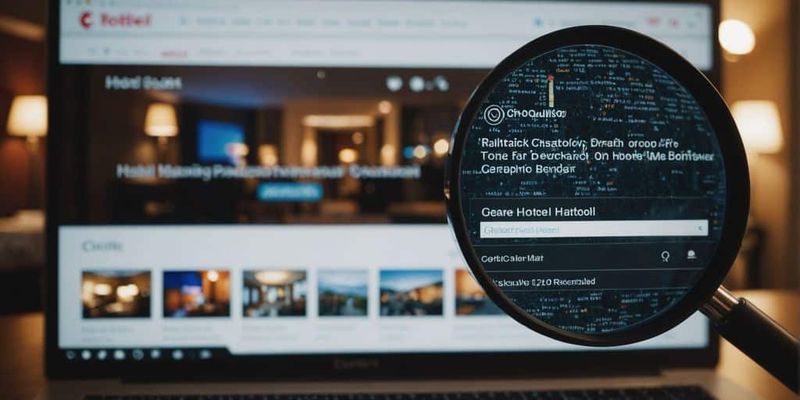
Hotel photos can be deceiving, but fellow travelers rarely lie about sleepless nights. Before booking any accommodation, spend five minutes scanning recent reviews on Booking.com, Google, or TripAdvisor for telltale phrases like “thin walls,” “street noise,” or “club nearby.”
Pay special attention to reviews from light sleepers or families with children, as they’re usually the most honest about noise levels. If multiple guests mention the same issue, that’s your red flag right there.
Some reviewers even provide helpful details like which room numbers to avoid or which floors are quietest, turning their bad experience into your travel advantage.
3. Pack Quality Earplugs or Noise-Canceling Devices
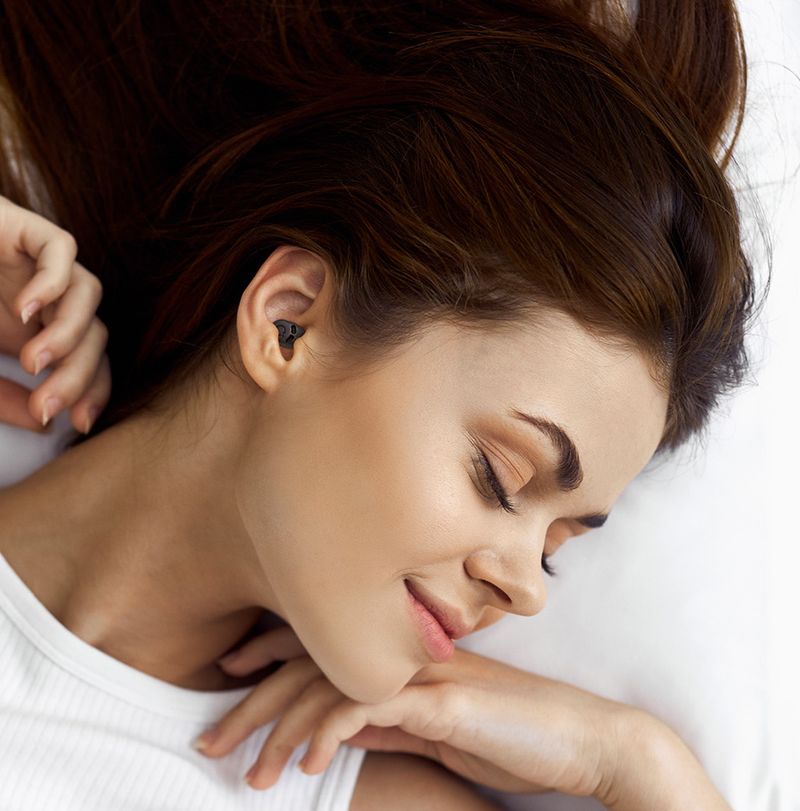
Your smartphone’s white noise app won’t cut it when Amsterdam’s trams start running at 5 a.m. or when Paris’s Latin Quarter comes alive with late-night café conversations. Investing in proper noise-blocking gear is like buying insurance for your sleep.
Reusable silicone earplugs mold perfectly to your ears and block out most disturbances without the discomfort of foam versions. For tech lovers, compact white noise machines or quality noise-canceling earbuds work wonders.
Pro tip: test your chosen solution at home first. Nothing’s worse than discovering your earplugs don’t fit properly when you’re already dealing with jet lag in a noisy European hotel.
4. Avoid Peak Festival or Party Weeks
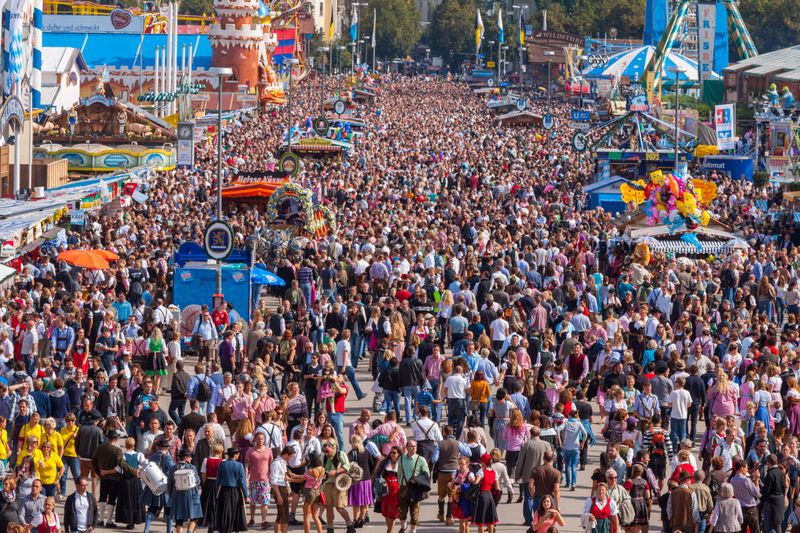
Munich during Oktoberfest is an absolute blast, but sleeping there is like trying to nap at a rock concert. Major European festivals and celebrations can turn even the quietest neighborhoods into 24-hour party zones, making rest nearly impossible.
Venice during Carnival, Prague during summer music festivals, or any major city during New Year’s week will test your sleep endurance. If quality rest ranks high on your priority list, plan your visit for the shoulder seasons instead.
You’ll often find better hotel deals, shorter lines at attractions, and locals who aren’t completely exhausted from managing tourist crowds. Sometimes the best travel experiences happen when everyone else stays home.
5. Request Courtyard or Upper-Floor Rooms
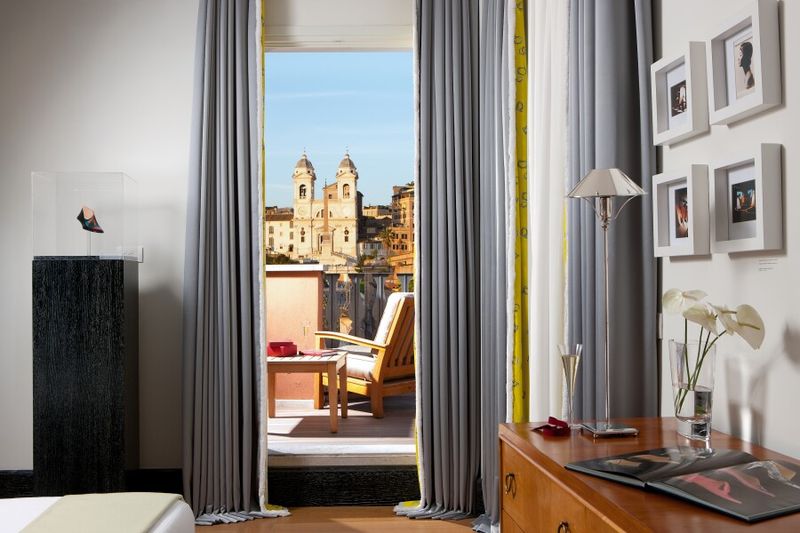
Historic European city centers are architectural marvels, but they’re also acoustic nightmares. Those charming cobblestone streets that look so romantic in photos? They amplify every footstep, car horn, and late-night conversation like a medieval sound system.
When checking in, politely ask if any courtyard-facing or higher-floor rooms are available. Hotel staff often accommodate these requests, especially if you mention you’re a light sleeper. Many historic properties feature beautiful interior courtyards that provide natural sound barriers.
Upper floors not only reduce street noise but often offer better views of the city’s rooftops and landmarks, giving you Instagram-worthy shots along with better sleep.
6. Opt for Apartments in Residential Areas
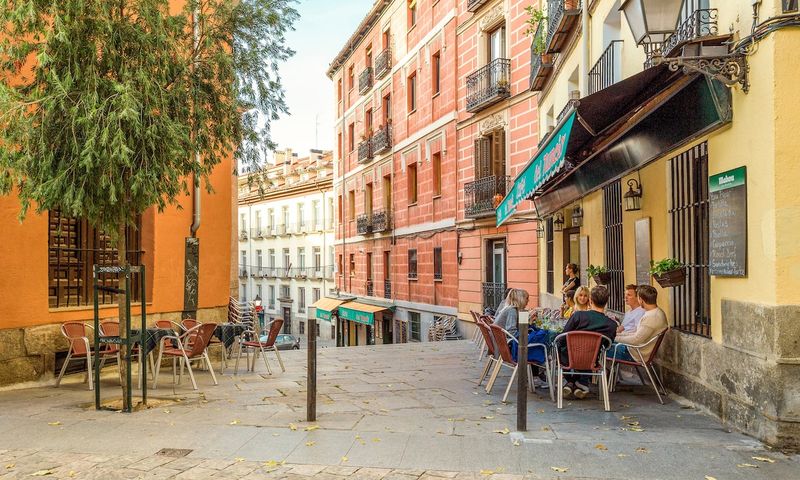
Vacation rentals in neighborhoods where actual locals live offer something hotels in tourist zones can’t: the rhythm of real life instead of constant party mode. Areas like Montmartre in Paris or Trastevere in Rome give you authentic experiences without the 3 a.m. pub crawls.
Residential neighborhoods typically quiet down after dinner, following natural sleep patterns rather than tourist schedules. You’ll wake up to the sounds of locals heading to work rather than hungover backpackers stumbling home.
Plus, you’ll discover neighborhood bakeries, local markets, and hidden gems that most visitors never see, all while staying connected to city centers through excellent public transport.
7. Use Blackout Curtains or Sleep Masks
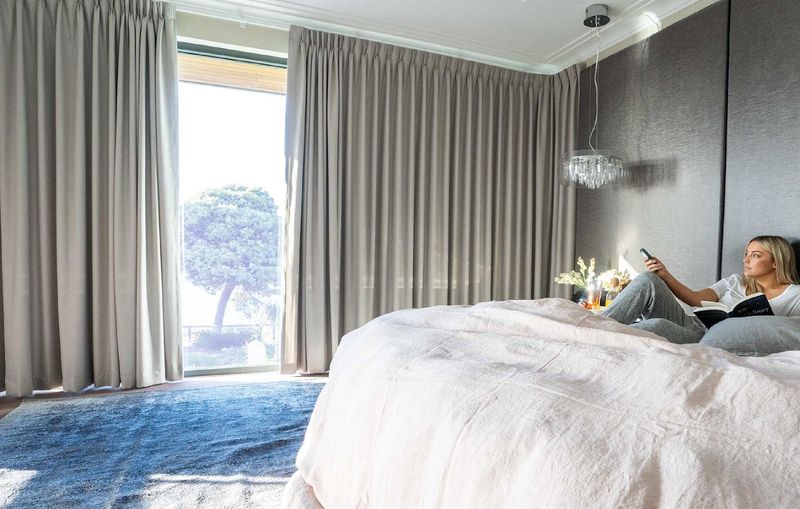
Northern European cities like Stockholm, Oslo, or Helsinki can mess with your internal clock in ways you never imagined. During summer months, daylight can stretch until 10 p.m. or later, making your brain think it’s time for afternoon activities when you desperately need sleep.
Many European accommodations lack the heavy blackout curtains common in American hotels. A quality sleep mask weighs practically nothing in your luggage but can make the difference between tossing and turning and actually getting rest.
Even in southern cities, streetlights and neon signs can create surprisingly bright rooms. Darkness signals your body to produce melatonin, so blocking out light helps maintain your natural sleep cycle despite unfamiliar surroundings.
8. Avoid Over-Caffeinating and Over-Scheduling

European café culture is irresistible, but that third espresso at 8 p.m. will have you staring at the ceiling until sunrise. Cities like Madrid and Naples keep late dining schedules that can throw off even seasoned travelers’ sleep patterns.
When in Rome, do as the Romans do, but give yourself permission to modify local customs for better rest. Enjoy those leisurely European dinners, but maybe skip the after-dinner coffee or that final nightcap.
Over-packed itineraries create mental stimulation that makes winding down nearly impossible. Build buffer time into your schedule for spontaneous discoveries and, more importantly, for your body and mind to process all the amazing experiences you’re having.

